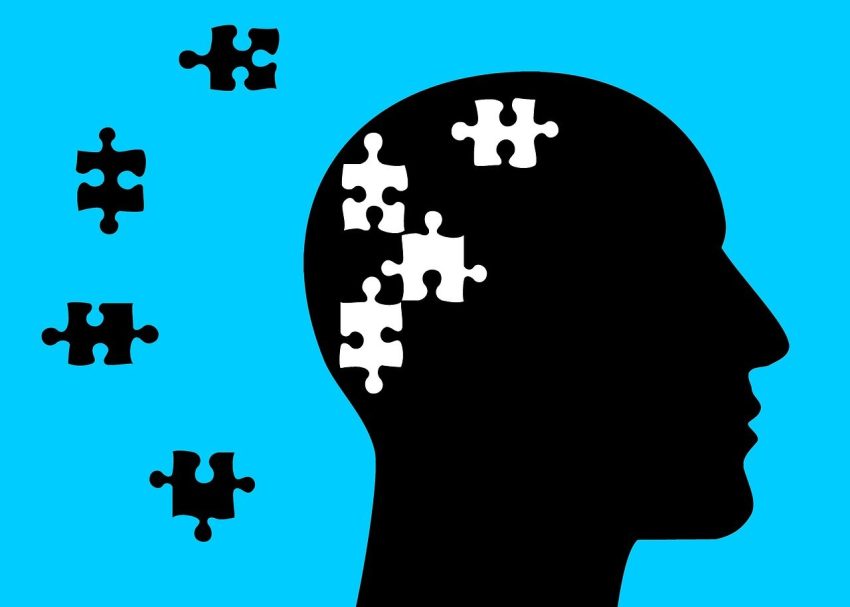In the intricate landscape of mental health, understanding the roles of psychologists, psychiatrists, and psychotherapists is paramount. These professionals, though united in their pursuit of mental well-being, bring unique perspectives and approaches to the table. Let’s unravel the distinctions among these mind healers to gain a deeper understanding of the diverse avenues of support available.
Psychologists: Navigators of the Psyche
Psychologists, equipped with advanced degrees in psychology, are experts in human behavior and mental processes. Unlike psychiatrists, psychologists do not prescribe medication. Instead, they make use of a wide variety of diagnostic instruments and treatment approaches in order to aid individuals in overcoming the psychological obstacles that they face.
Talk therapy, often known as psychotherapy, is one of the most important components of psychiatric intervention. Together with the people they are working with, psychologists investigate the people’s ideas, feelings, and actions in this process that is collaborative. Cognitive Behavioral Therapy in Brooklyn, NY, a widely used approach, focuses on identifying and challenging negative thought patterns, facilitating positive behavioral change.
Psychiatrists: Architects of Integrative Mental Health
Psychiatrists, as medical doctors specializing in psychiatric care, bridge the realms of medicine and mental health. Endowed with the ability to prescribe medication, they play a crucial role in addressing mental health concerns with potential biological roots. Often working alongside psychologists, psychiatrists provide comprehensive care by integrating medical and psychosocial interventions.
The distinctive feature of psychiatry lies in its capacity to incorporate medication management into treatment plans. For conditions such as depression, bipolar disorder, or schizophrenia, psychiatrists may prescribe medications to rectify chemical imbalances in the brain. This biological approach is a useful supplement to the psychotherapy therapies that are made available by psychologists and other specialists working in the field of mental health.
Psychotherapists: Architects of Emotional Well-being
Psychotherapists, a diverse group of mental health professionals, are trained in various therapeutic modalities aimed at nurturing emotional well-being. This category includes counselors, marriage and family therapists, and social workers, each bringing a unique perspective to the therapeutic process. While some psychotherapists hold advanced degrees, others may have specialized training in specific therapeutic approaches.
At the core of psychotherapy is talk-based intervention. Psychotherapists provide a safe and supportive space for individuals to explore their thoughts, emotions, and behaviors. Utilizing various therapeutic modalities such as Cognitive Behavioral Therapy (CBT), Dialectical Behavior Therapy (DBT), and Mindfulness-Based Stress Reduction (MBSR), they tailor their approach to meet the unique needs of each individual.
Understanding Collaborative Care: A Unified Approach
While these mind healers operate within distinct roles, collaboration often forms the cornerstone of comprehensive mental health care. A common scenario involves a synergistic effort between a psychologist and a psychiatrist, where talk therapy and medication management work together to address the multifaceted nature of mental health conditions.
In some cases, individuals may choose to engage both a psychologist and a psychotherapist, blending psychological assessment with talk therapy to address both the cognitive and emotional dimensions of well-being.
In conclusion, navigating the terrain of mental health care involves grasping the nuances among psychologists, psychiatrists, and psychotherapists. These mind healers, each contributing a unique skill set, collaborate to offer a spectrum of support tailored to individual needs. By demystifying these distinctions, individuals can make informed choices on their journey to mental well-being, finding the right combination of professionals to guide them through the path of self-discovery and healing.
For the first step toward a better, more stable future, get in touch with Resilient Mind Psychotherapy in Brooklyn, New York.
